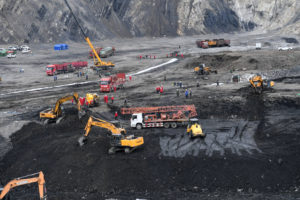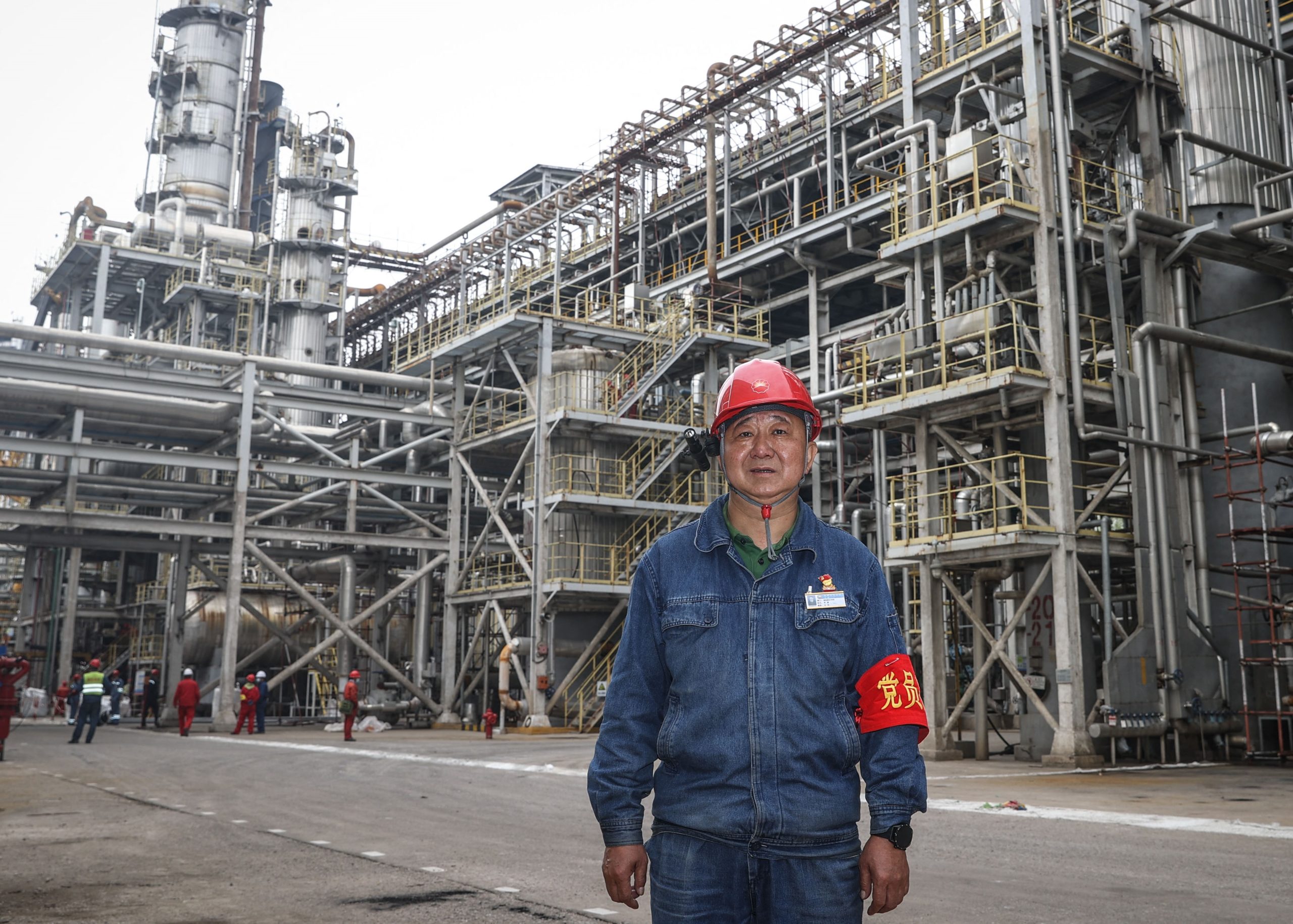Instead of honoring the “green promise” it made at the United Nations on September 22, 2020, to become a zero-emission economy, China has been increasing its pollution levels.
The China National Petroleum Corporation (CNPC) is preparing to restart operations in Venezuela as soon as the Nicolás Maduro regime approves energy legislation that will give its international partners more control over operations, Bloomberg reported on September 2, 2021.
According to Bloomberg, the Chinese oil company has been sending engineers and commercial personnel to inspect local companies and to work in a facility that operates with Petróleos de Venezuela, S.A. (PDVSA) to boost crude production at five other companies in the Orinoco oil area.
“To say that the China National Petroleum Corporation will be in Venezuela again is an important decision. It will reactivate the entire process of coordination with China to exploit Venezuelan crude,” said Venezuelan lawmaker Ángel Rodríguez, president of the National Assembly’s Energy and Petroleum Commission, the Costa Rican newspaper El País reported on September 10.
CNCP is PetroChina’s state-owned parent company, and it is the largest oil and gas company on the planet in terms of income, the World Energy Trade website reported on April 2. PetroChina is one of 20 fossil fuel companies responsible for 35 percent of the world’s polluting methane and carbon dioxide emissions, the British newspaper The Guardian says.
“China has at least nine ongoing projects to add new refining capacity or build new refineries over the next five years,” while trends in Europe and the United States point toward shutting down plants or transforming complexes into petrochemical and biofuel production facilities, the Mexican magazine Expansión reported.

Exodus
Bloomberg says that Venezuela, with the largest crude oil reserves worldwide, experienced a drop in production when its international partners withdrew. The current 500,000 barrels per day production is one-sixth of the 2008 peak production.
Due to this exodus, Maduro has drafted an energy law to attract more foreign capital, something increasingly difficult with new concerns about reducing methane emissions, which global oil companies have moved to the top of their agendas, the British energy news portal Oil Price reported on September 2, 2021.
“Chinese-backed projects on several continents have displaced local populations, negatively affected water quality, polluted adjacent land, and spoiled fragile ecosystems,” the U.S. Department of State’s website ShareAmerica reported.
More carbon and pollution
Not only is China the world’s leading emitter of carbon dioxide (CO2) and the largest coal consumer, but it also prioritizes economic growth over reducing emissions, despite its 2019 commitment to achieve carbon neutrality by 2060, the U.S. magazine Time reported.
In the first half of 2021, Beijing announced plans to build 43 coal-fired power plants and 18 blast furnaces in the country. Once built, they will emit nearly 150 million tons of CO2 a year, according to the report China’s Power & Steel Firms Continue to Invest in Coal, published by U.S.-based Global Energy Monitor and the Centre for Research on Energy and Clean Air, headquartered in Helsinki.
However, China argues that it is entitled to release CO2 to develop its economy, the BBC reported on August 9. “Far from shutting down coal-fired power plants, China is currently building new ones at more than 60 locations across the country. […] It has also financed coal-fired power plants outside China, through its Belt and Road initiative,” the BBC added.
Acting decisively
Meanwhile, Venezuela is increasing its oil exports through ship-to-ship transfers, despite the U.S. embargo. In July 2021, the country sent 28 shipments of raw and refined crude products, of which more than 80 percent were bound for Asian countries, including China, the British news agency Reuters reported.
Bloomberg added that CNPC’s production in Venezuelan territory is likely to be exported to China to cover Venezuela’s debt with the Asian nation, which amounts to nearly $19 billion if restructured.
“The planet is dangerously close to reaching the internationally agreed threshold of 1.5°C global warming. We must act decisively now to avert a climate catastrophe. There is no time for delay and no room for excuses,” U.N. Secretary General António Guterres said on Twitter, on September 6.









